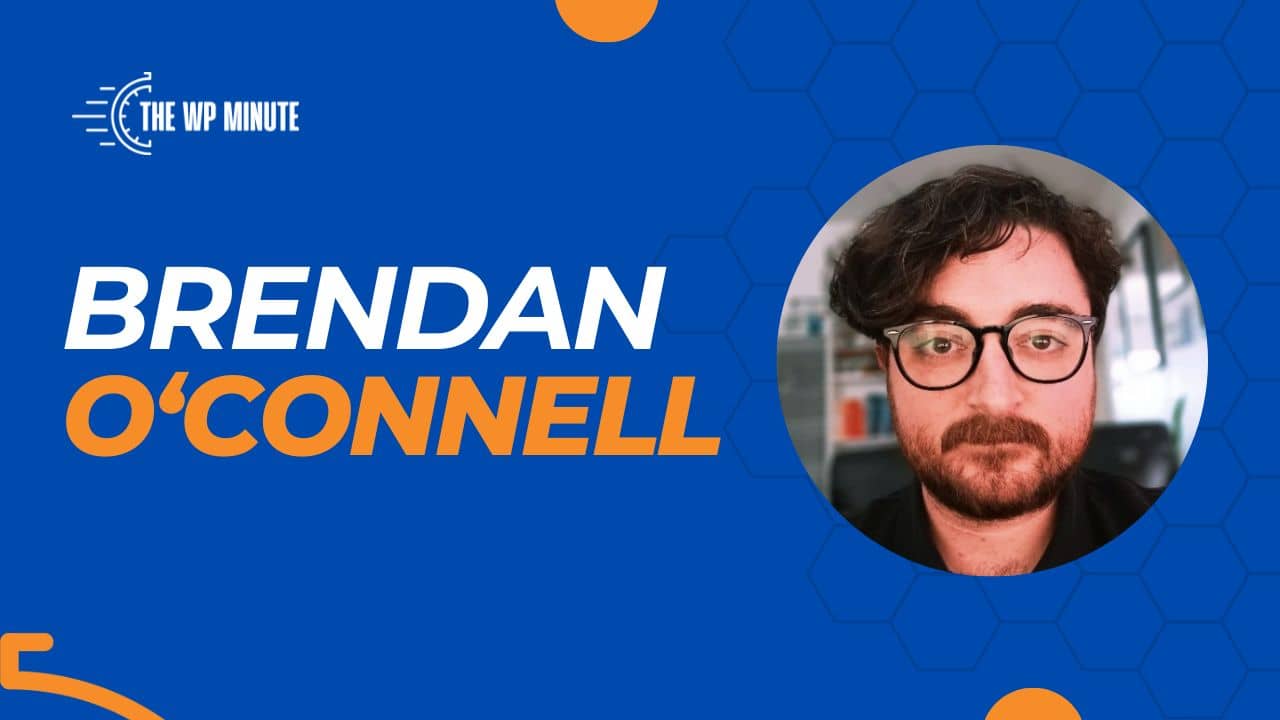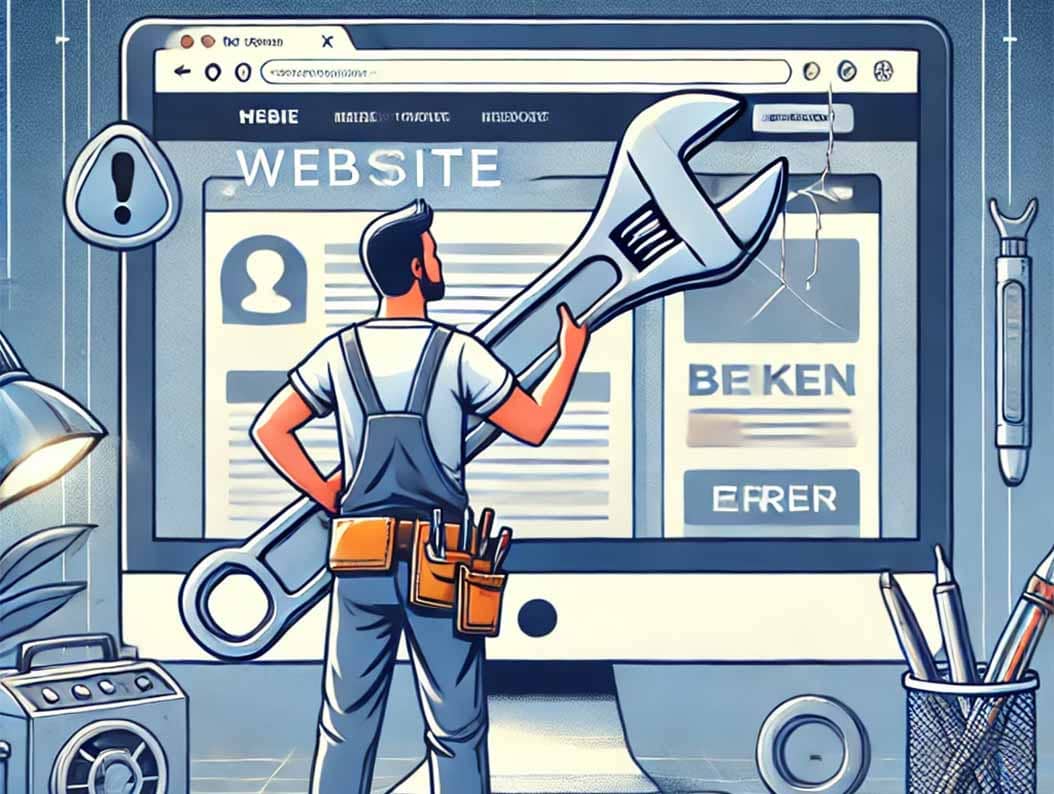As consumers, we are trained to crave what’s new and improved. It’s all about that massive feature launch or the illusion of getting more for your money.
I can understand the appeal. Having the latest and greatest product gives us bragging rights – and maybe more productivity. That’s why a new iPhone comes out every few months. Who wouldn’t want that?
Well, bigger isn’t always better. I believe that theory applies to the evolution of WordPress. Big changes can be clumsy and require us to adapt. That can temporarily negate any advantage we’re supposedly gaining.
Think about the switch from the Classic Editor to Gutenberg in WordPress 5.0. Everyone from users to developers to product makers felt the impact. You could cut the anxiety with a chainsaw. Not to mention that it took years for many of us to adapt. Things are great now, but still.
It does offer a renewed appreciation for the smaller (AKA ‘boring’) improvements, though. The little things that enhance accessibility, performance, security, and stability.
That’s what professionals need. They help us get more done and provide peace of mind.
Let’s discuss how these little things can add up and why we may see them more often.
Small Changes That Quietly Make Things Better
The big features tend to get all the publicity when a new version of WordPress ships. However, it’s often the small under-the-hood changes that make the biggest difference. The thing is, we don’t always notice them.
One such change recently caught my eye. It was announced that WordPress 6.8 will encrypt user passwords via bcrypt. The move promises to improve security by making passwords harder to hack.
It’s a great example of an important feature that is anything but sexy. This is even more impressive considering how long the change has been in the works. The original Trac ticket is from 2012.
This is a win for anyone concerned about security. Freelancers tired of cleaning up hacked websites come to mind. But you don’t have to know this change exists to benefit from it.
It also shows that sometimes these features get put on indefinite hold. There may be technical reasons for that. A lack of resources can also play a role. However, it’s probably not exciting to the average user. That may make it a lesser priority.
Nevertheless, those of us who work with WordPress should celebrate such improvements. In this case, better security makes our lives easier. More of that, please!
A Shift in Contribution Means More Polish for WordPress
The Automattic vs. WP Engine saga has greatly impacted the WordPress landscape. For example, Automattic has reduced its contributor hours to the WordPress project. The side effect is new versions have been scaled back in scope.
Core contributor Jonathan Desrosiers recently posted on the Make WordPress blog that, “…there will likely be fewer features ready to ship when compared to other recent major releases. As a result, (WordPress) 6.8 will focus primarily on being a polish and bug fix release.”
Regardless of the reason for the shift, let’s look at this as a glass-half-full scenario for developers and power users. A slowdown in new feature development means some small (and potentially longstanding) issues will receive attention.
It’s a chance to clean up WordPress and make it leaner and more efficient. We already have a security benefit to cheer about. Maybe we’ll have a better user experience as well.
The other hidden benefit is keeping the status quo in our workflow. New features are nice – but there is always a learning curve. We have to teach ourselves and our clients. A little break from this cycle isn’t such a bad thing.
Perhaps this means that ‘boring’ has entered the spotlight. I won’t complain.
Let’s Make the Most Popular CMS the Most Stable One
Shiny new gizmos are great. WordPress will need them to keep up with competitors. But I hope that’s not the primary focus of every release moving forward. We don’t always need a new toy to play with.
Setting the priorities for an open-source project the size of WordPress can’t be easy. There are only so many contributors and so much time. Thus, aiming a bit lower isn’t just a relief for us – it’s also practical.
Focusing on the big-ticket items means too many small or behind-the-scenes improvements get lost in the shuffle. I hope WordPress 6.8 sets a precedent for releases that strengthen the software’s foundation. It could be a renaissance of refinement.
After all, stability is important for the software’s long-term future. It’s something that the lucrative enterprise market demands. Dedicating a few releases toward that end will boost their confidence.
Besides, tools like the Block and Site Editors have plenty of features. You can expand their capabilities via plugins. A continued effort to squash bugs and make them more user-friendly can only help the cause.
WordPress still has many advantages over other systems. But a drop in reliability could tighten the gap. The solution may be to embrace the ‘boring’ stuff every now and then.
Join The Newsletter
Get your favorite 5 minutes of WordPress news for busy professionals every week — 100% Free! Join the WP Minute Newsletter below 👇








